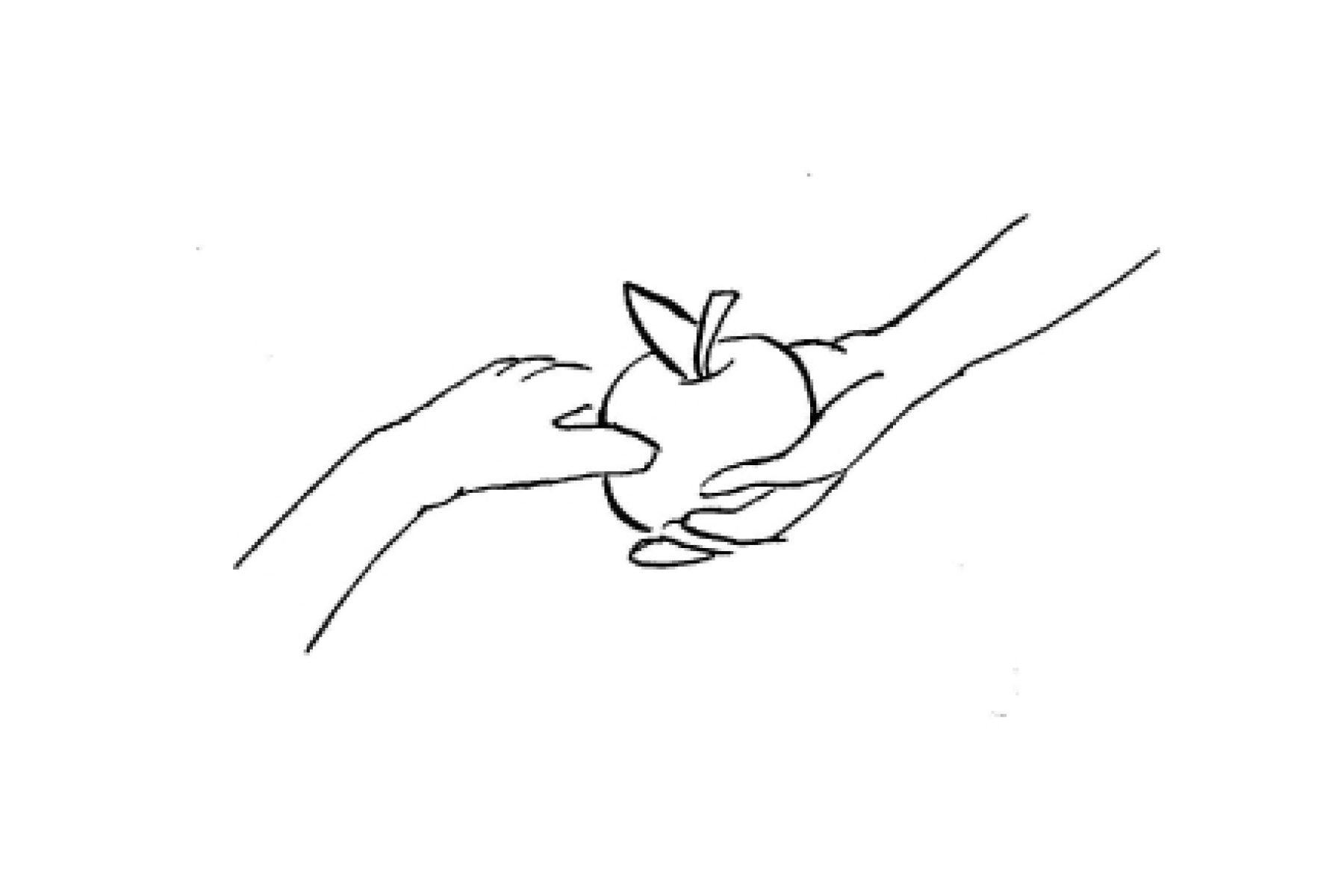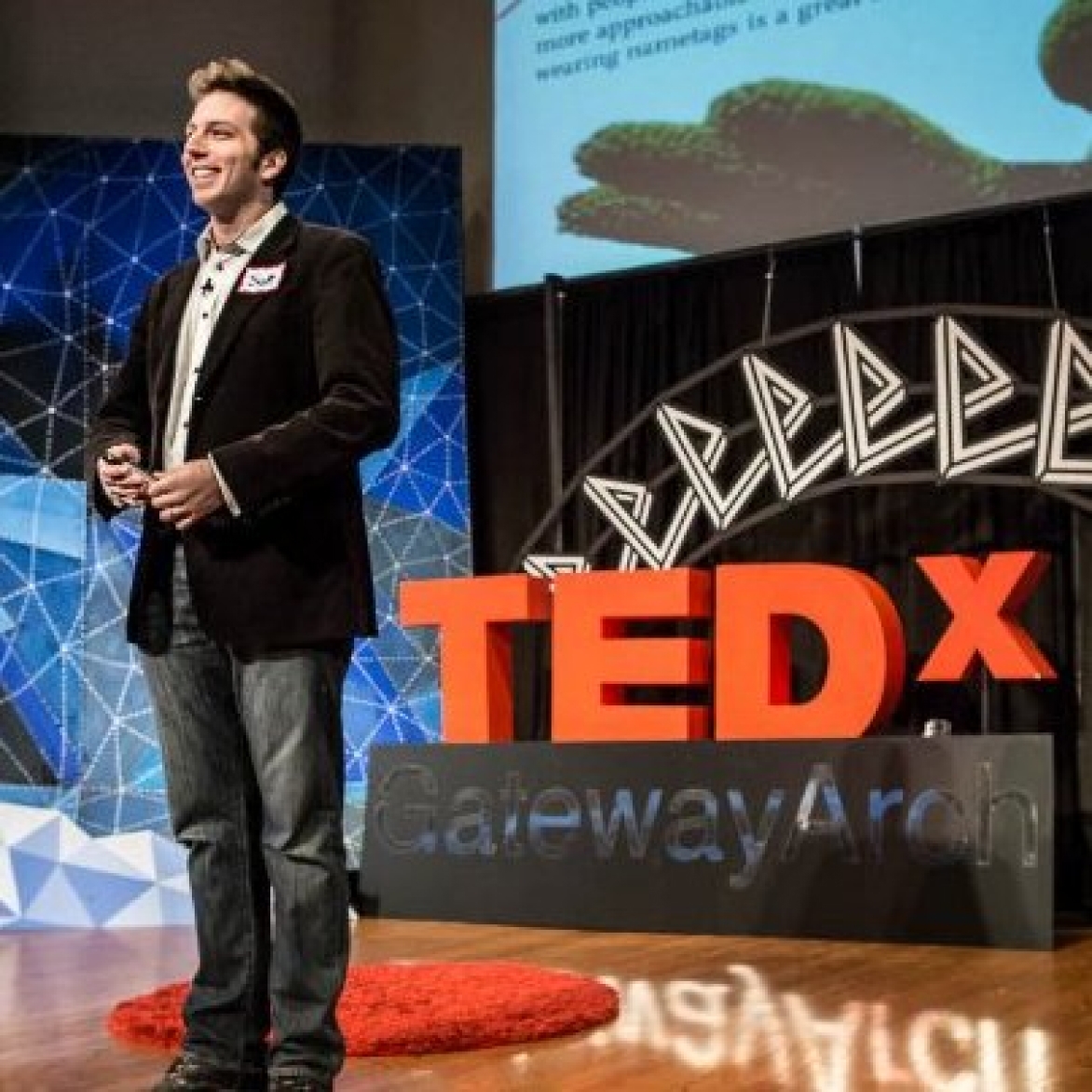
The Context
Each of us has a gift that will allow us to leave this cosmic campsite better than we found it. This is a spiritual truth that is futile to debate. But if we want to do everything we possibly can with the gift we’ve been given, we have to accept that our gift is bigger than we are. That it comes from parts unknown. That way, instead of feeling guilty about it, we can express gratitude for our gift by deciding to share it. We can go out and offer our beating heart to all. Of course, this is the easy part. Any fool can be generous. Enlightenment is the ability to survive when our gifts are rejected. The willingness to trust that our gifts are worth giving for their own sake. And the wisdom that our efforts will be rewarded, although not always in the ways expect.
The Tool
Gifting
GIFTING -- Framing our creative work as a gift of generosity, not an obligation of labor
Being prolific means we have to be generous with our work. But when we demand to be acknowledged for it, that's trouble. It’s one thing to have a burning desire for individuality, but it’s another thing to have an insatiable need for an audience to applaud it. This is perhaps the most egregious emotional mistake we make at work. Unrealistically expecting recognition of our success from others. Because when we build our sense of security and value in finding acceptance and approval externally, we are setting ourselves up for disappointment and resentment. Krishna was right when he foretold, we have a right to our labor, but not to the fruits of our labor. It’s a mantra we can say to ourselves while walking out the door of every job interview or first date or sales presentation or hospital visit we make. We remind ourselves that our gift is not conditional. That our reward was the chance to give it. And that our prize was the opportunity keep the game going, if only for a short while. Put a few points on the existential scoreboard, son. Because what we give, and the way we give, is far more important than what happens to others when they receive it. Even if people ignore the fires we start. We don't want to become limited by our need to control our gift.

Scott's Take
One reality that has become abundantly clear to me is, in a business environment, most company leaders won't tell employees directly how much they appreciate their contributions. There are always exceptions, and many organization will make a concerted effort to acknowledge the hard work of their team. But it’s not wise to hang our identity hats on that. As someone who fervently longed for recognition for his efforts, my first few jobs were underscored mostly by frustration, rather than fulfillment. It was mostly my own fault, as I was depending on the false supports of worldly praise and approval. Turns out, though, only when we withdraw from our over reliance on unanimous praise from the powers that be do we create space to give ourselves the recognition for our efforts we are truly worthy of. Inner applause, as my musician friend used to say. Which is far less gratifying than getting a shout out from the boss in front of the whole team. But then again, do we really need our work daddies to tell us what good boys we are anymore?
The Rest
Walk into the office every day, framing your labor as a gift of generosity, not an obligation of labor. Rather than becoming a slave to the market economy, we join the gift economy. Hyde's formative research about this transaction has had a huge influence on my approach to work. He writes that the way we treat a thing can sometimes change its nature. We can refrain from submitting our actions to the calculus of a cost benefit analysis, and give ourselves away without expectation of recognition. Because as long as our gift is not withheld, the creative spirit will remain a stranger to the economics of scarcity. Meaning, once our work is shipped and handed over for our boss to review, recognition and praise are a moot point. They're a nice to have, not a must have. That's the way true generosity works. We ruin the gift when we demand to be acknowledged for it. This strategy lives from a place of inner satisfaction, not external validation. It's highly fulfilling, and it's something over which we actually have control. Sure beats sitting around waiting for a pat on the back from a boss who has four thousand unopened emails in his inbox. Are you seduced into feeding on the drippings of someone else’s approval?
The Benefits
Procure joy and meaning from the process despite outcomes
Grow beyond your dependence on kudos for your work
Build a sense of strength, efficacy, and validation that is internally generated
Reduce the change of disappointment and resonant when your creative efforts aren’t acknowledged or or applauded